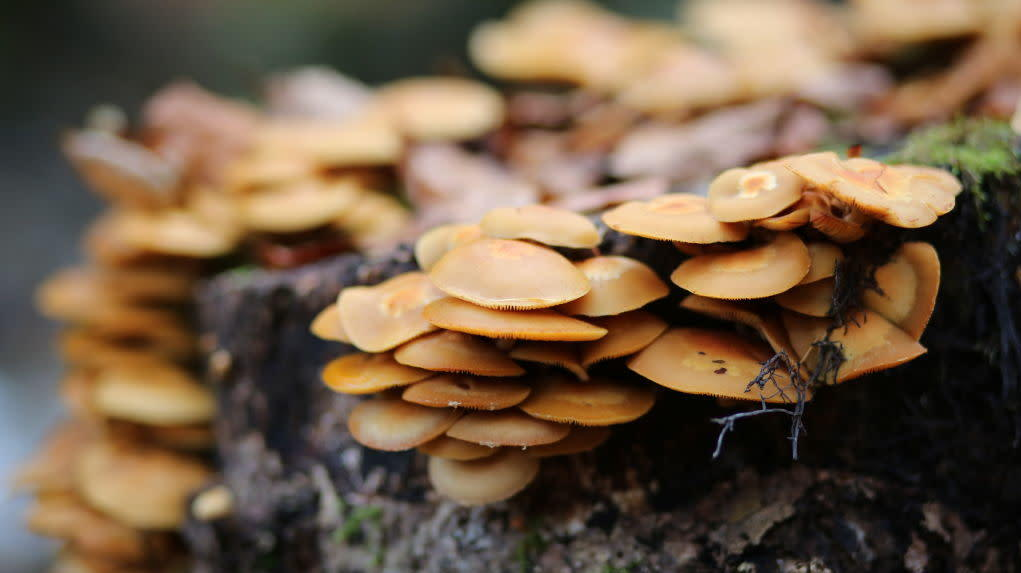Fungi Is Fashionable—but Is The Mushroom Boom Ethical?
Have you noticed an unusual number of mushroom ads on Instagram? It's not your imagination: the global functional (non-psychedelic) mushroom market is projected to make $69.3 billion by the end of 2024. That's the crux of Emma Orlow's recent article in Taste, which explores the recent mushroom boom. In the article, Orlow mentions companies like North Spore and Nearby Naturals, both of which encourage customers to grow their own bright pink or yellow oyster mushrooms. The article also cites trendy products like nonalcoholic mushroom-brewed beer and chaga mushroom-based coffees. Toadstools are certainly in the spotlight—but what are the cultural implications of the mushroom moment?
Orlow points out that, while mushrooms may be on trend as the world grapples with an ongoing health crisis, many of the Instagram-friendly products are "simply repackaging the way mushrooms have been revered for their medicinal properties for thousands of years." For example, the mushroom-cacao drinks consumed by the Aztecs, or the ubiquity of mushrooms in traditional Chinese medicine (TCM).
In the article, Orlow quotes Kirsten Kirby-Shoote, an urban farmer and member of I-Collective, an Indigenous food collective. Kirby-Shoote expresses concern over companies capitalizing on the "exoticism and exploitation of Indigenous medicine," extending to what Orlow calls "potentially disrespectful harvesting practices" that come with food trends. "Chaga in particular has very specific cultural traditions," Kirby-Shoote told Orlow. "I consider land, water, and plants to be relatives; once you divorce them from that, you're more comfortable calling them a resource . . . you're not going to see an emotional connection." As we continue to grapple with global health, ethical food production, and the capitalistic food trend cycle, mushrooms may very well stay in the spotlight. For more information, check out Orlow's article here.
